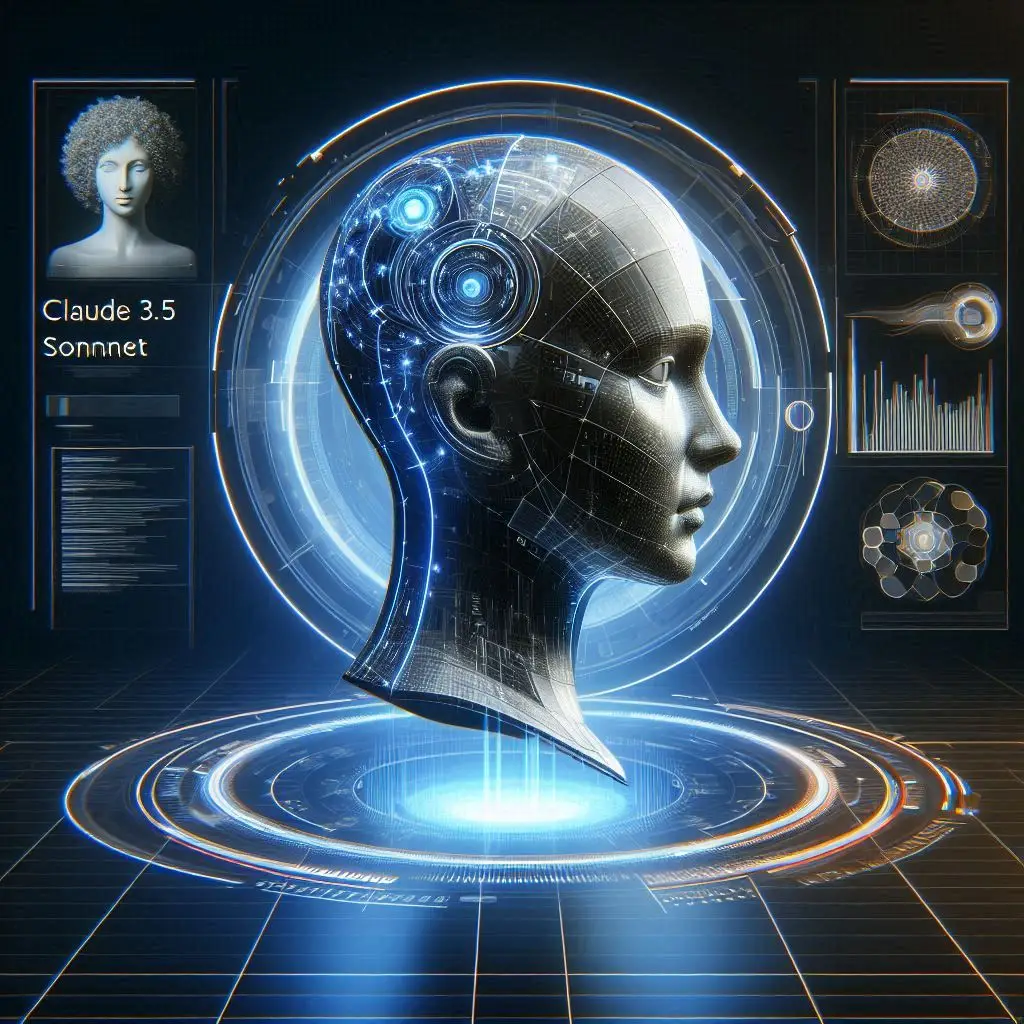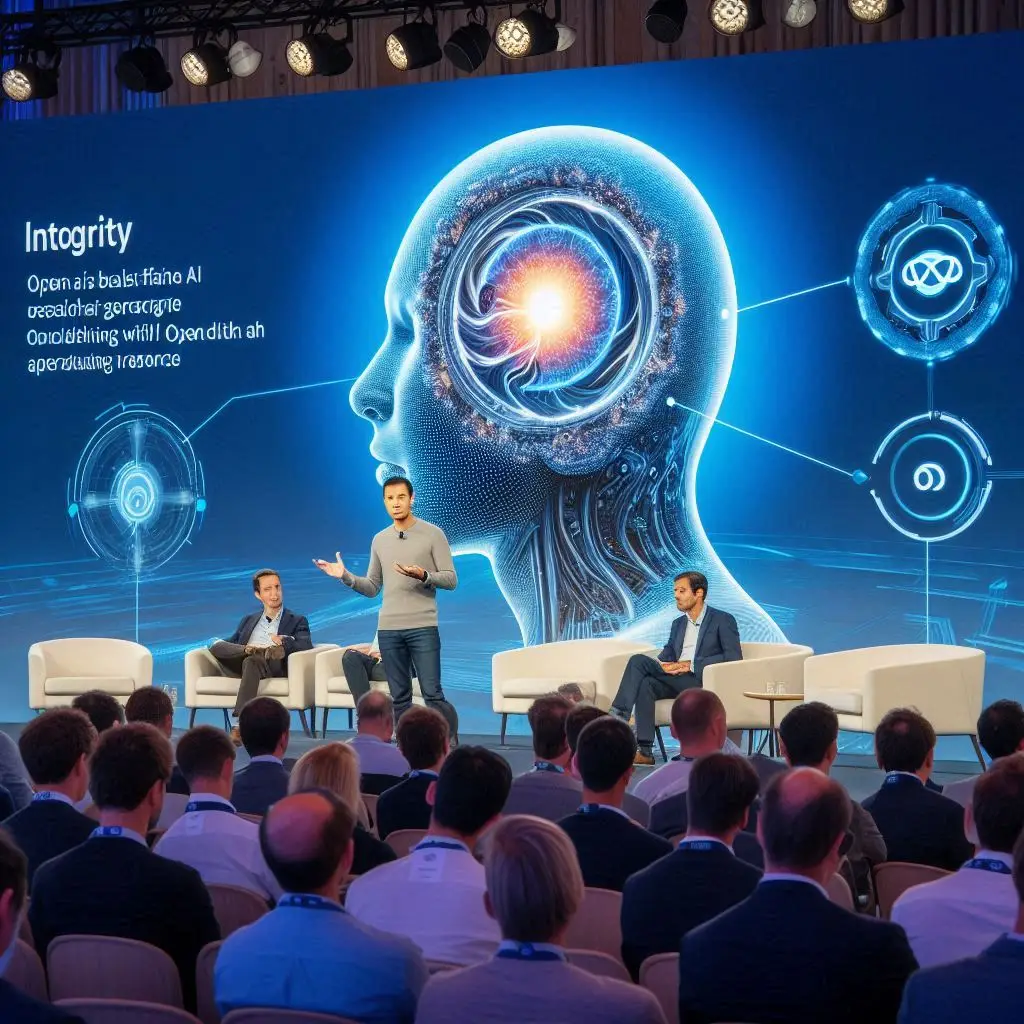Introduction
Artificial Intelligence (AI) has become an integral part of our daily lives, revolutionizing various industries by automating tasks and providing intelligent solutions. Among the advanced AI models, GPT-4, developed by OpenAI, stands out for its exceptional capabilities in generating human-like text. However, as these models become more sophisticated, their mistakes also become more subtle and challenging to detect. To address this issue, OpenAI has introduced CriticGPT, a model designed to catch errors in GPT-4’s code output, significantly enhancing the review process.
The Challenge of Subtle Mistakes
The GPT-4 series, which powers ChatGPT, is aligned to be helpful and interactive through Reinforcement Learning from Human Feedback (RLHF). A crucial aspect of RLHF involves AI trainers rating different ChatGPT responses against each other. However, as ChatGPT’s reasoning and model behavior improve, its mistakes become harder to spot. This poses a fundamental limitation in RLHF, making it increasingly difficult for trainers to provide accurate feedback as the models surpass human knowledge in certain areas.
Introducing CriticGPT
To overcome this challenge, OpenAI developed CriticGPT, a model specifically trained to critique ChatGPT’s responses by highlighting inaccuracies. CriticGPT’s primary goal is to assist trainers in catching more errors in AI-generated content, leading to more accurate and reliable outputs. Despite not always being correct, CriticGPT enhances the trainers' ability to identify issues, resulting in more comprehensive critiques and fewer hallucinated bugs.
Training CriticGPT
CriticGPT was trained using a method similar to ChatGPT but with a focus on identifying mistakes. AI trainers manually inserted errors into ChatGPT’s code and wrote example feedback as if they had discovered these bugs. This process allowed CriticGPT to learn how to critique effectively. Trainers then compared multiple critiques of the modified code to determine which ones accurately caught the inserted bugs. The model was tested on both artificially inserted and naturally occurring bugs, with results showing a preference for CriticGPT’s critiques over ChatGPT’s in 63% of cases due to fewer nitpicks and hallucinations.
Methods and Findings
To generate longer and more comprehensive critiques, additional test-time search against the critique reward model was employed. This approach balanced the precision-recall trade-off between detecting bugs and minimizing hallucinations. The research found that CriticGPT's suggestions helped trainers outperform those without AI assistance 60% of the time. When combined with human efforts, the critiques were more thorough and preferred by a second random trainer more than 60% of the time.
Limitations and Future Directions
Despite its advantages, CriticGPT has limitations. It was trained on relatively short ChatGPT answers and may struggle with longer, more complex tasks. Additionally, models still occasionally hallucinate, and trainers can make labeling mistakes influenced by these hallucinations. Real-world mistakes can also be dispersed across multiple parts of an answer, requiring more advanced methods to detect them.
The development of CriticGPT is a significant step toward better aligning AI systems. However, to supervise future agents, we will need to create tools that help trainers understand complex tasks and address dispersed errors.
Next Steps
OpenAI plans to scale the work on CriticGPT further and integrate it into their RLHF labeling pipeline. By doing so, they aim to enhance the accuracy and reliability of AI-generated content, ultimately aligning more complex AI systems. The ongoing research indicates that applying RLHF to GPT-4 through tools like CriticGPT holds great promise for producing better RLHF data, which is crucial for the continuous improvement of AI models.
Conclusion
As AI models like GPT-4 become increasingly advanced, detecting their subtle mistakes becomes more challenging. CriticGPT, developed by OpenAI, addresses this issue by providing AI-assisted critiques that enhance the accuracy of AI-generated content. While there are limitations to overcome, the integration of CriticGPT into the RLHF labeling pipeline represents a significant advancement in aligning AI systems. With further research and development, tools like CriticGPT will play a crucial role in the future of AI, ensuring more reliable and accurate outputs.AI,









Add a Comment: